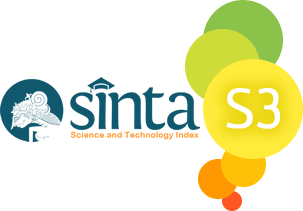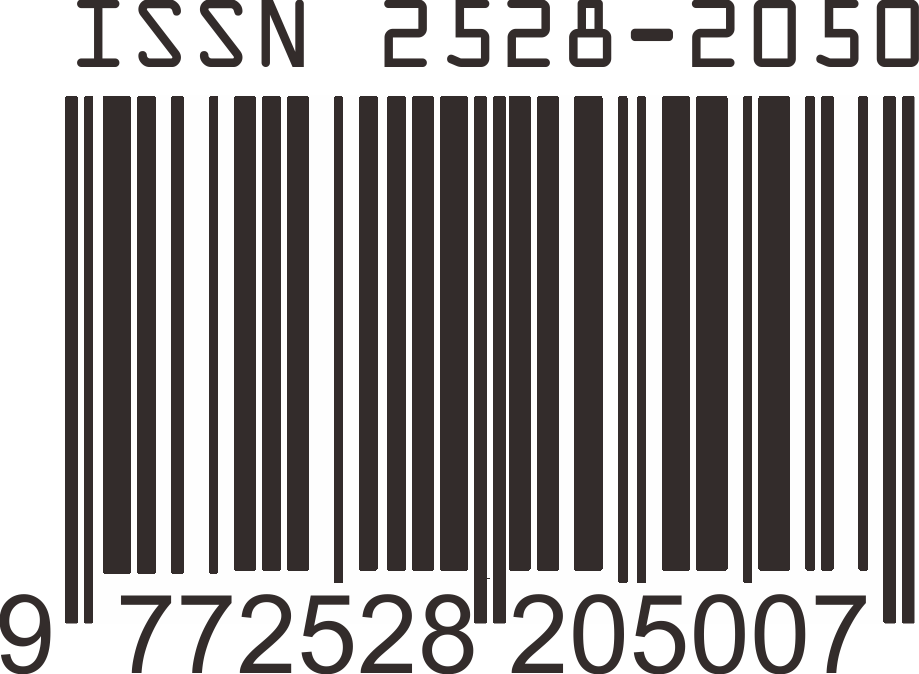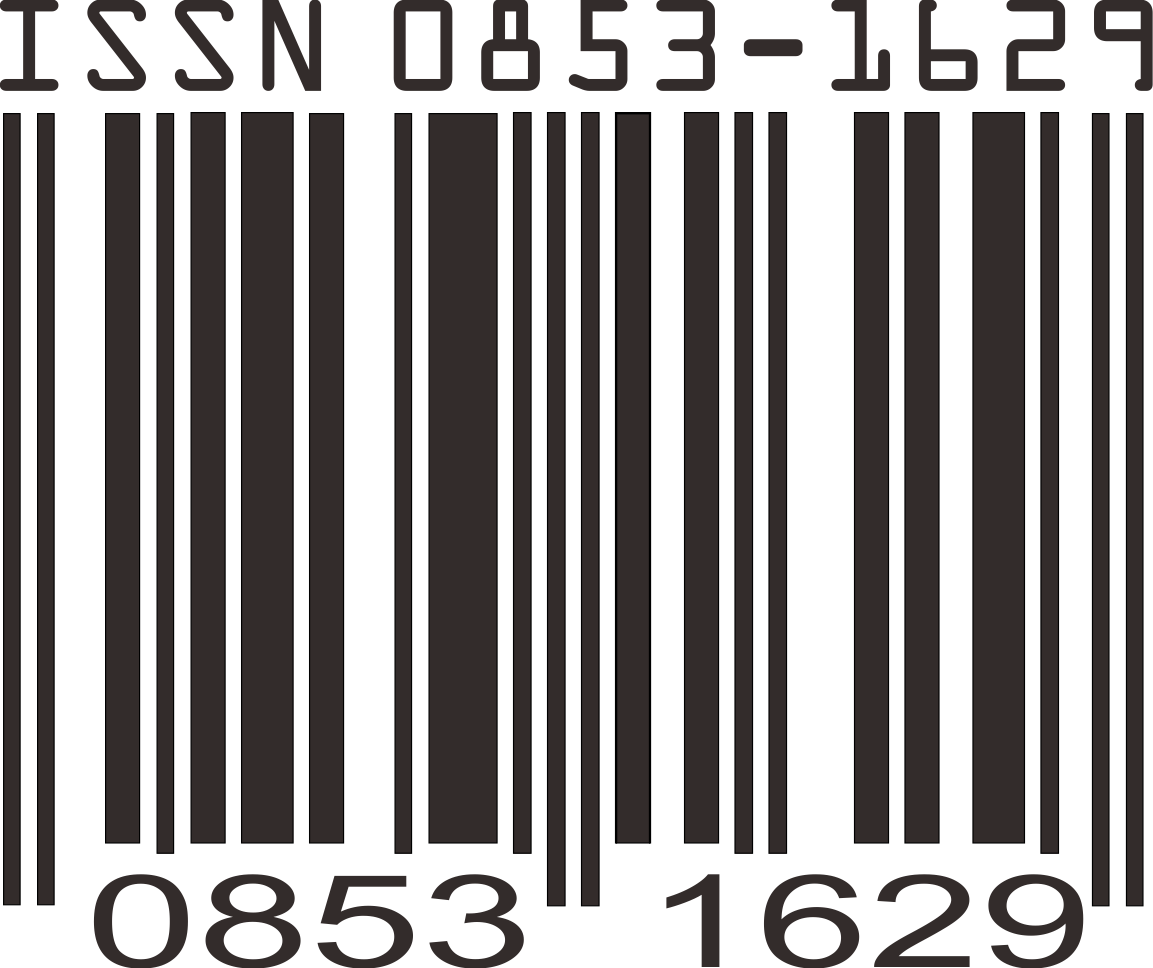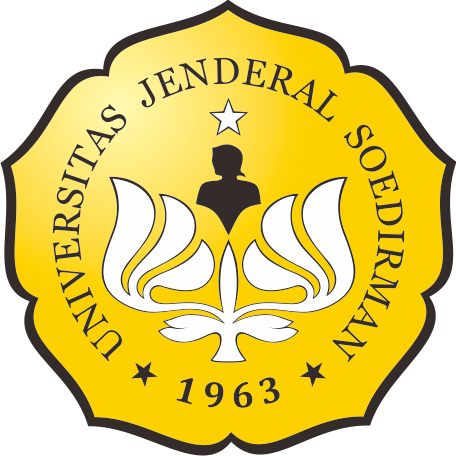Identification of Sponge-Associated Bacteria with Antibacterial Property against Staphylococcus aureus based on Molecular Approach
Abstrak
Kata Kunci
Teks Lengkap:
PDFReferensi
Belarbi E.H, A. C. Go´mez, Y. Chisti, F. G. Camacho, and E. M. Grima. 2003. Producing drugs from marine sponges. Biotechnol. Adv. 21: 585–598
Coll J.C, and P.W Sammarco, 1986. Soft corals: Chemistry and ecology. Oceanus 29 (2): 33-37
Due, L, Sanchez C, Shen B. 2001. Hybrid peptide-polyketide natural products: biosynthesis and prospects toward engineering novel molecules. Metabol Engineer 3:78-95
Enticknap, J.J., M. Kelly., O. Peraud., and R.T. Hill. 2006. Characterization of a culturable alphaproteobacterial symbiont common to many marine sponges and evidence for vertical transmission via sponge larvae. Appl. Environ. Microbiol. 72 (5), 3724-3732.
Faulkner D.J, 2000. Marine pharmacology. Anton Leeuw Int J G. 77:135-145
Hentschel, U., J. Hopke, M. Horn, A.B. Friedrich, M. Wagner,, J. Hacker, and B.S. Moore. 2002. Molecular evidence for a uniform microbial community in sponges from different oceans. App. Environ. Microbial. 68: 4431-4440
Hutchinson, R. 2003. Mnipulating microbial metabolites for drug discovery and production. In: Natural Products. L. Zhang and A.L. Demain (eds). Humana Press. Pp: 77-93
Kleinkauf H, von Doehren H. 1996. A nonribosomal system of peptide biosynthesis. Eur J Biochem 236:335-351
Lee, Y.K., Lee, J. H. and Lee,. H. K. 2001. Microbial symbiosis in marine sponges. J. Microbiol. 39(4):254-264.
Madigan M.T, J.M. Martinko, J. Parker, and T.D. Brock, 2000. Biology of microorganisms. Prentice-Hall, Inc., New Jersey, USA
Marahiel M.A, Stachelhaus T, Mootz H.D.1997. Modular peptide synthetases involved in nonribosomal peptide synthesis. Chem Rev 97:2651-2673
Piel J. 2002. A polyketide synthase-peptide synthetase gene cluster from an uncultured bacterial symbiont of Paederus beetles. PNAS 29:14002-14007
Piel J, Hui D, Fusetani N, Matsunaga S. 2003. Targeting modular polyketide synthetase with iteratively acting acyltransferases from metagenomes of uncultured bacterial consortia. Environ Microbiol 6:921-927
Proksch P, R.A. Edrada, R. Ebel, 2002. Drugs from the seas-current status and microbiological implications. Appl Microbiol Biotechnol. 59:125-134
Radjasa, O.K., T. Martens., H-P. Grossart, T Brinkoff., A Sabdono., and M. Simon. 2007a. Antagonistic activity of a marine bacterium Pseudoalteromonas luteoviolacea TAB4.2 associated with coral Acropora sp. J. Biol. Sci. 7(2):239-246.
Radjasa, O.K., S.I.O. Salasia, A. Sabdono, J. Weise, J. F. Imhoff, C. Lämmler and M. J. Risk. 2007b. Antibacterial activity of marine bacterium Pseudomonas sp. associated with soft coral Sinularia polydactyla against Streptococcus equi subsp. zooepidemicus. Int. J. Pharmacol. 3(2):170-174.
Radjasa, O.K., A. Sabdono, Junaidi and E. Zocchi. 2007. Richness of secondary metabolite-producing marine bacteria associated with sponge Haliclona sp. Int. J. Pharmacol. 3(3):275-279.
Sammarco P.W., J.C. Coll, 1992. Chemical adaptation in the Octocorallia: Evolutionary considerations. Mar. Ecol. Prog. Ser. 88:93-104.
Article Reads
Total: 522 Abstrak: 330 PDF: 192Article Metrics
Metrics powered by PLOS ALM
Refbacks
- Saat ini tidak ada refbacks.
Laman ini dikelola oleh:
Bio Publisher
The Faculty of Biology Publishing
Laman ini dikelola oleh:
Penerbitan Fakultas Biologi
Universitas Jenderal Soedirman
Jalan dr. Suparno 63 Grendeng
Purwokerto 53122
Telepon: +62-281-625865
Email: biologi@unsoed.ac.id
Laman ini menggunakan:
OJS | Open Journal System
Software pengelolaan jurnal ilmiah online. Versi yang digunakan adalah 2.4.8.0.
Metadata artikel terdaftar di:
Crossref
Agen resmi internasional pendaftaran Digital Object Identifier (DOI)
Artikel jurnal ini terindeks:









